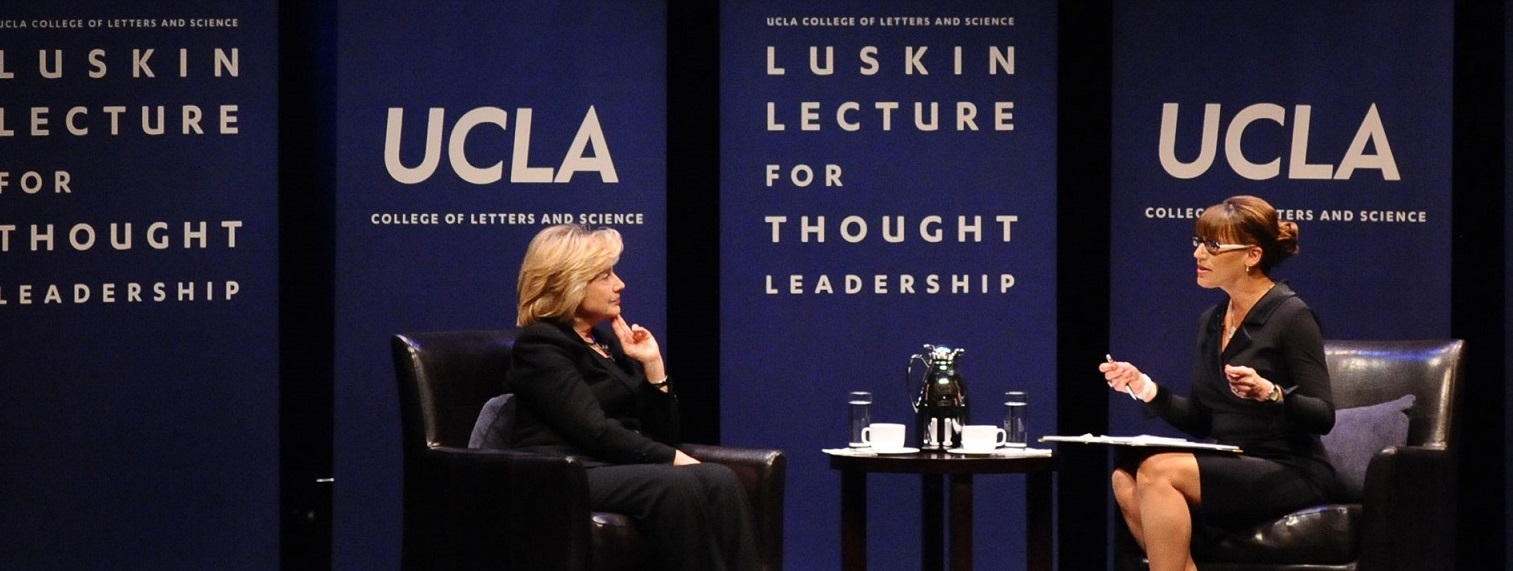A new weapon in the arsenal against the coronavirus may be sitting in your home entertainment console. A team led by physicist Chris Barty of the University of California, Irvine is researching the use of diodes from Blu-ray digital video disc devices as deep-ultraviolet laser photon sources to rapidly disinfect surfaces and the indoor air that swirls around us.
你家里的娱乐设备里可能有一种对付冠状病毒的新武器。由加州大学欧文分校(the University of California, Irvine)的物理学家Chris Barty领导的一个团队正在研究利用蓝光数码影碟装置中的二极管作为深紫外线激光光子源,快速消毒我们周围和室内的空气。
Barty, UC Irvine distinguished professor of physics & astronomy, said that such UV light sterilizers would be cheap compared to current medical- and scientific-grade systems and that it’d be possible to deploy them almost anywhere.
加州大学欧文分校的物理与天文学教授Barty说,与目前的医学和科学级别的系统相比,这种紫外线杀菌器更便宜,而且几乎可以在任何地方使用。
“If these sources are successful, I think you could build them into a mask and clean the air that’s coming in and out of you,” he said. “Or you could set these things up in the air circulation ducts of major buildings, and the airflow that goes through could be sterilized.”
“如果成功,我认为可以把它们做成一个面具,清洁进出我们身体的空气,”他说。“或者可以把这些东西放在主要建筑物的空气流通管道里,让通过的气流得到消毒。”

They could also function in hand-held wand devices, Barty said, or as a “light curtain” through which people walk as they enter a room, exposing them to UV-C radiation. He noted that at this wavelength — between 200 and 260 nanometers — UV radiation will destroy viruses and other pathogens but poses minimal risk to humans.
Barty说,它们还可以在手持棒装置中发挥作用,或者作为一种“光幕”,当人们进入房间时,穿过它从而暴露在UV-C辐射中。他指出,在这个波长——200到260纳米之间——紫外线辐射会破坏病毒和其他病原体,但对人类的危害极小。
“There is evidence to suggest that the UV-C band is actually not an issue for us, especially at the shorter wavelengths, because it gets absorbed by dead skin cells or by a teardrop on your eye,” said Barty, head of UC Irvine’s Convergent Optical Sciences Initiative.
“有证据表明,UV-C波段实际上对我们来说不是问题,尤其是在短波长波段,因为它会被皮肤上死亡的细胞或眼睛上的泪珠所吸收,”加州大学欧文分校聚合光学科学项目的负责人Barty说。
“Hospitals use UV-emitting robots that are about the size of a dorm room refrigerator. They just wheel them in and plug them into the wall to sterilize the place, but everybody has to leave because in addition to UV-C, they make a lot of UV-A and UV-B, which can cause harm to humans.”
“医院使用的发射紫外线的机器人大约有一个宿舍冰箱那么大。他们只能把它们推进去,插到墙上消毒,但是每个人都必须离开,因为除了UV-C,它们还会产生很多UV-A和UV-B,这可能会对人体造成伤害。”
The cost of these roaming hospital sterilizers — that are based on high-current mercury discharge lamps — is too high for deployment at the scale that may be needed to combat the coronavirus, present everywhere from cruise ships to meatpacking plants. Barty said that Blu-ray diode lasers offer a potential path to a compact, economical solution, since the technology is ubiquitous and priced in the range of tens of dollars per unit.
这些以高电流汞放电灯为基础的医院消毒器转移成本太高,无法大规模部署以抗击从游轮到肉类加工厂无处不在的冠状病毒。Barty说,蓝光二极管激光器提供了一种紧凑、经济的解决方案,因为这种技术无处不在,每台价格在几十美元左右。
His team is developing a way to halve the wavelength of photons emitted by Blu-ray diodes — which is around 405 nanometers — to the germicidal UV-C band.
他的团队正在开发一种方法,将蓝光二极管(约405纳米)发出的光子波长减半至杀菌UV-C波段。
“This is really more of an applied physics versus a pure physics view of the world,” he said. “The issue is not whether you can make UV-C light. It’s whether you can fundamentally reduce the dollar-per-watt output of a device to a place that it becomes compelling to use UV-C light.”
他说:“这实际上更像是一种应用物理学,而不是纯粹的物理学世界观。问题不在于你能否制造出UV-C灯。关键是你能否从根本上降低设备每瓦的输出功率,使其达到必须使用UV-C灯的程度。”
According to Barty, Blu-ray sterilizers could be made in the “same kind of quantities as you can make other telecommunications components, so you could really change the game.”
根据Barty的说法,蓝光消毒器的产量可以和“其他通讯元件的产量一样多,因此你可以真正改变游戏规则。”
Looking at the current landscape, in which there’s an all-hands-on-deck effort to develop vaccines to prevent COVID-19 infections and drugs to treat people sick with the virus, Barty observed: “I would prefer that we just destroy it.”
在当前的形势下,所有人都在齐心协力开发预防COVID-19感染的疫苗和治疗感染COVID-19患者的药物,Barty观察到:“我宁愿我们直接消灭它。”




